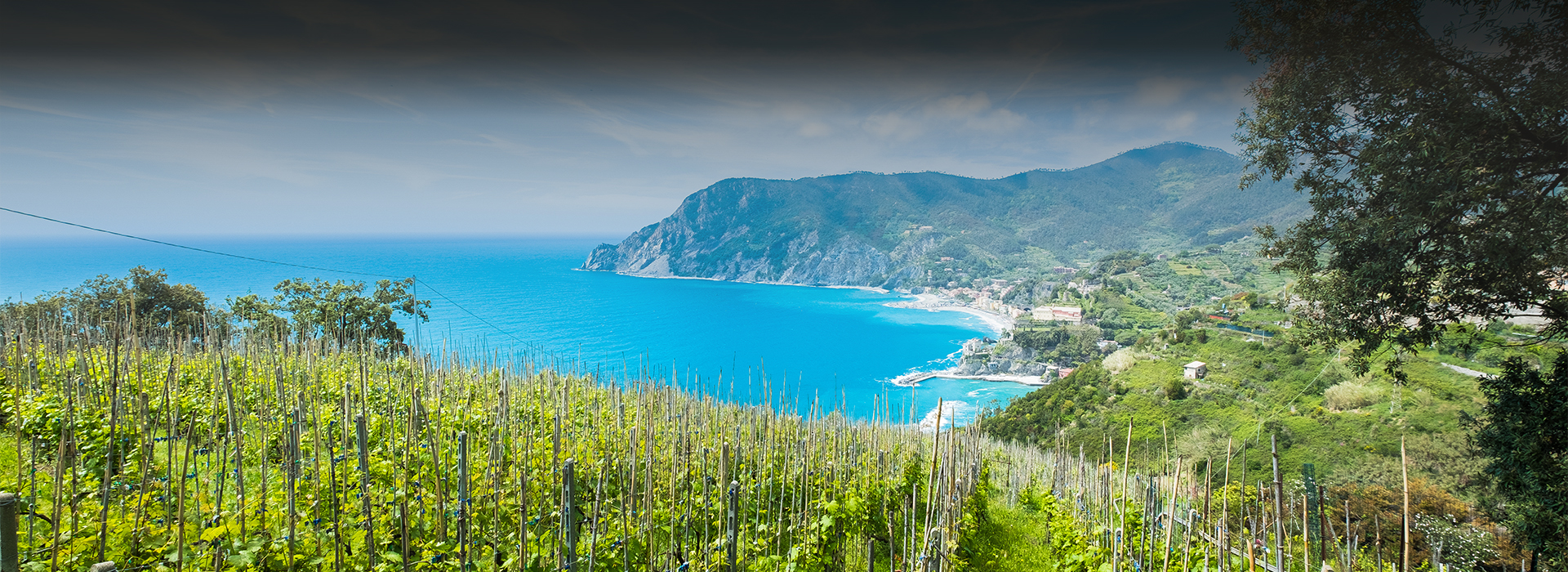This innovation aims to develop a strategy aimed to gradually reduce the use of plant protection products on the crops concerned by this proposal. The final objective is to market "zero residue" products, through a process that assesses the effectiveness and efficiency of both the reduction in the number of crop protection measures - with effects on the quantity of different pesticide residues, their metabolites and some co-formulants considered harmful - and the reduction in the overall number of products (chemical families) distributed - with effects on the amount of active ingredients that can be traced during analytical control.
This activity is in full compliance with the latest European and national mandatory standards on food hygiene, environmental safety and operator safety.
The "zero residue" objective will be implemented through an activity that will test and apply defence protocols characterised by a decreasing number of actions on crops on the one hand and the use of a decreasing number of chemical families on the other. Alternative techniques will be tested (e.g. introduction of biological and biotechnological means, use of tolerant varieties, evaluation of cultivation techniques that are less favourable to the establishment and spread of pathogens and pests), as well as all preventive techniques aimed at avoiding the creation of environmental conditions which could be conductive for plant pathogens and pests through the adoption of techniques and technologies typical of agriculture 4.0. Particular reference will be made to environmental monitoring through the use of the latest generation of sensors, the consequent collection and interpretation of data, the implementation of the necessary controls for the fine-tuning of climatic conditions in a protected environment. The effect of the different chemical interventions on the residual profile of the various crop species and cultivars will also be assessed.
In fact, it should be noted that the grouping of various horticultural species under the heading of 'fresh and aromatic herbs' (including all potted aromatic plants grown in the Ingauna area) and the overall authorisation of the same plant protection products for all of them led, from the point of view of the residual effect, to a very diverse scenario. CeRSAA, and, likewise, also other national and European research groups, recently published a paper highlighting the different residual behaviour of certain plant protection products in relation to the crop species on which they were administered.
For example, with the same plant protection protocol, boscalid and ethofenprox are present on ready-to-market plants with extremely low residues on rosemary and thyme, while they are highly residual on sage; similarly, copper and dithiocarbamates are highly residual on rosemary compared to sage and thyme.
This situation, together with others that are quite similar, is the cause of disorientation for farms for which the application of defence protocols is quite complex. These protocols, in theory, can be applied indiscriminately to all aromatic and officinal crops, but, in fact, they must be checked on a case-by-case basis as there are neither technical-scientific documents nor appropriate good practices.
The intermediate and final results will therefore be the development of specific protocols that take into account the needs and evidence mentioned above, in the perspective of starting a virtuous and certifiable process that, in time, may lead to the goal of "zero waste". This may be easier to achieve on some species than on others, i.e. depending on the family of plant protection products used and its specific behaviour on the target crop.
This activity will have to be carefully planned from the point of view of experimentation, pilot applications and expected results, and will have to take into account the needs of production and the market, in order to guarantee that the farmer achieves the required aesthetic and functional quality.









